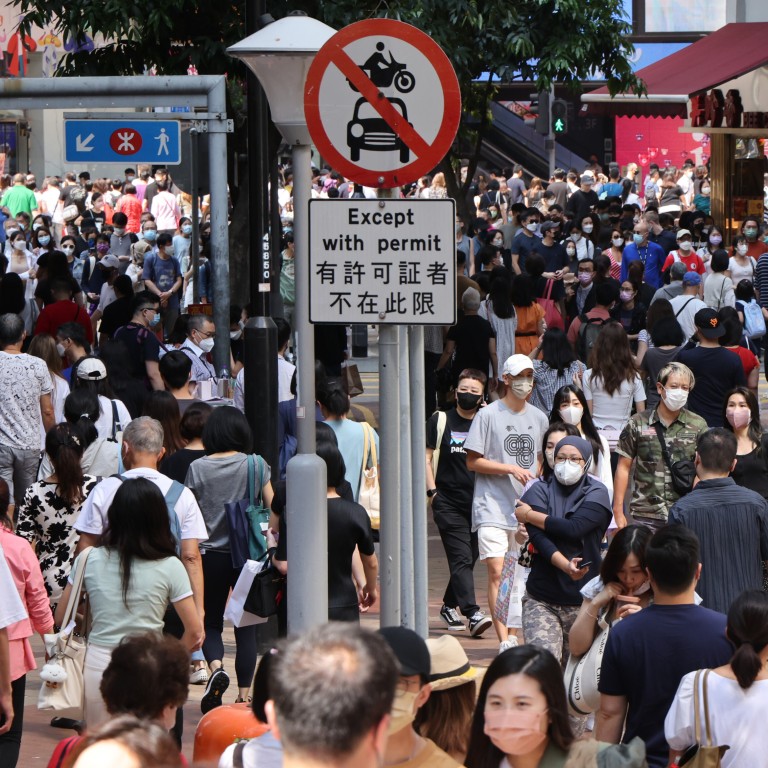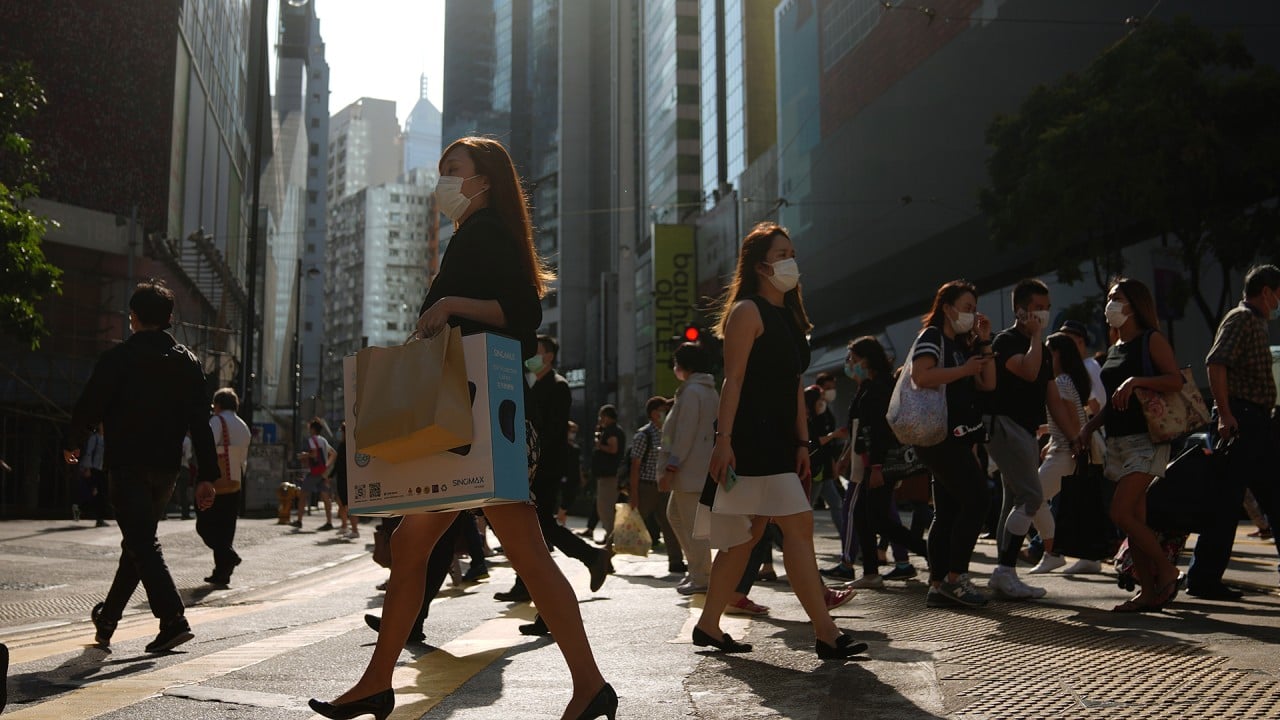
‘The worst is over’ for Hong Kong’s shops segment, with rents and prices to recover on better consumer sentiment
- Hong Kong’s shop market can expect a V-shaped rebound in transaction volume and prices in the second half, says Bridgeway CEO Lee
- Prime street shop rents have continued to fall since the social unrest in mid-2019, taking the cumulative decline in value to 75 per cent from 2013
Hong Kong’s shop market is likely to see a V-shaped rebound this year as the easing of social distancing measures following the fifth wave of coronavirus outbreak in the city puts consumer spending back on track.
Shop rents could increase by up to 10 per cent in residential areas and by as much as 20 per cent in core areas, said Edwin Lee, founder and CEO of Bridgeway Prime Shop Fund Management.
“The worst for the shop market is over,” said Lee. “I expect that as the pandemic subsides, and with [subsequent] border reopening at home, there will be a V-shaped rebound in the sales volume and transaction prices [of shops] in the second half of the year.”
The prices of shops will increase by 5 to 10 per cent in residential areas and by 10 to 15 per cent in prime areas, he forecasts.
Prime street shop rents weakened 5 per cent in the first quarter this year, adding to a three-year slump. They tumbled by one-third in 2019 in the wake of the social unrest, followed by another 23.4 per cent in 2020 and 4.3 per cent in 2021 amid the Covid-19 pandemic, according to Savills.
Overall, they have crashed by around 75 per cent since the first quarter of 2013, when the Individual Visit Scheme drew the most number of mainland travellers to the city.
Lee’s optimism is shared by other market insiders.
“Rents in traditional tourist areas will definitely increase by 10 to 20 per cent, as most of the shops in prime areas have seen rents fall by as much as 70 per cent from their highs,” said Edwind Yip, director at Sheraton Valuers.
On the other hand, Yip said that the rent increases in residential neighbourhoods will be sluggish, as unlike core areas where rents slumped during the pandemic, they moved higher in the same time span.
Meanwhile, the city recorded 288 shop transactions in the first three months this year, the lowest since 248 deals in the second quarter of 2020, according to Land Registry data. The value fell to HK$7.58 billion (US$966 million), the least since the first quarter of 2021.
“Even if there is a sixth wave, [prices] will not drop greatly [as] buyers feel they can bet on it, considering the [low] prices now,” said Dennis Cheng, senior sales director at Ricacorp (CIR) Properties, adding that selling prices will be largely flat moving forward.
With consumers unleashing “revenge spending” in the market, Bridgeway last month found a tenant for its street-level shop in Sheung Wan, who paid significantly higher than the previous client, Lee said.
The company signed a five-year lease for the 2,300-sq ft shop, with a fixed monthly rent of HK$130,000 for the first two years versus HK$100,000 previously, he added. The rate will increase to HK$143,000 per month thereafter.
Meanwhile, designer label Paul Smith opened its fourth store at IFC Mall in Central.


